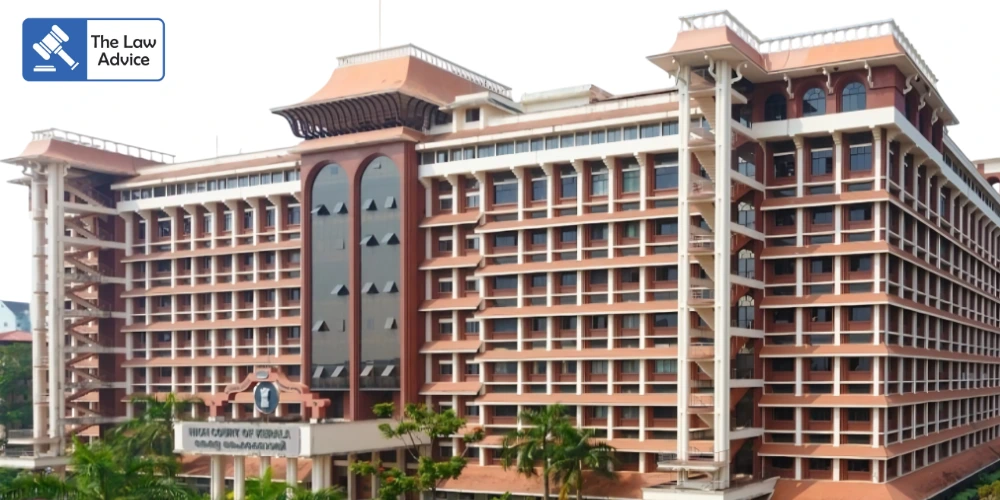
The Kerala High Court has observed that an unfounded and obsessive suspicion by a husband regarding his wife’s fidelity amounts to a serious form of mental cruelty, capable of destroying the very foundation of marriage.
A Division Bench comprising Justice Devan Ramachandran and Justice M.B. Snehalatha made the observations while allowing a matrimonial appeal filed by a wife challenging the Family Court, Kottayam’s refusal to grant her divorce under Section 10(1)(x) of the Divorce Act.
The Bench emphasised that a healthy marriage rests on mutual trust, love, and understanding, and when these are replaced by constant suspicion, the relationship loses meaning.
“A suspicious husband can turn matrimonial life into a living hell. Constant doubt and mistrust poison the very foundation of marriage. A husband who habitually doubts his wife’s loyalty destroys her self-respect and mental peace,” the Court stated.
The judges held that continued mistrust, monitoring, and interference with personal freedom create an atmosphere of fear, humiliation, and emotional suffering, entitling the wife to relief through divorce.
“Unfounded suspicion of a husband is a serious form of mental cruelty,” the Court declared.
The appellant-wife alleged that her husband was suspicious from the beginning of the marriage, compelled her to resign from her nursing job, and later restricted her movement, monitored her phone calls, and even locked her indoors, allowing her to watch only devotional programmes.
Her father corroborated these claims before the Family Court.
The respondent-husband, however, argued that the wife’s allegations were trivial and amounted only to normal wear and tear of marital life.
The Court clarified that cruelty cannot be confined to a fixed definition, as it depends on the facts, circumstances, and impact on the individual spouse.
“Cruelty may be mental or physical, intentional or unintentional… what constitutes cruelty varies from person to person and from one era to another,” the Bench observed, referring to V. Bhagat v. D. Bhagat [(1994) 1 SCC 337].
The Court further held that independent corroboration is not essential in such cases since acts of mental cruelty often occur in private.
“A wife who experiences such behaviour may not be able to produce documents or witnesses, and her version cannot be discarded merely for lack of independent proof,” the Court said.
Allowing the appeal, the Bench set aside the Family Court’s order and granted divorce, holding that the husband’s baseless suspicion and controlling behaviour amounted to mental cruelty under the law.
Website designed, developed and maintained by webexy